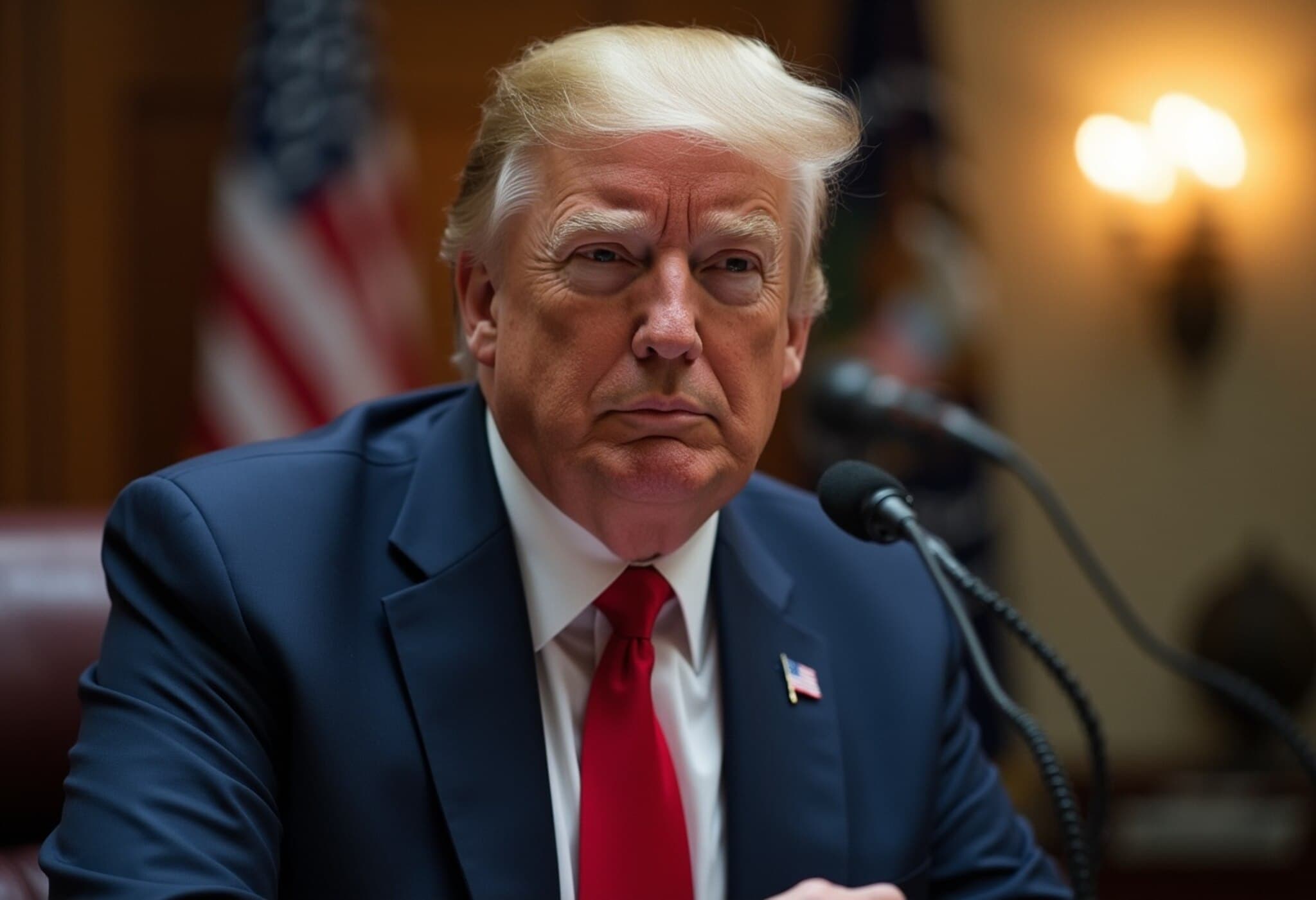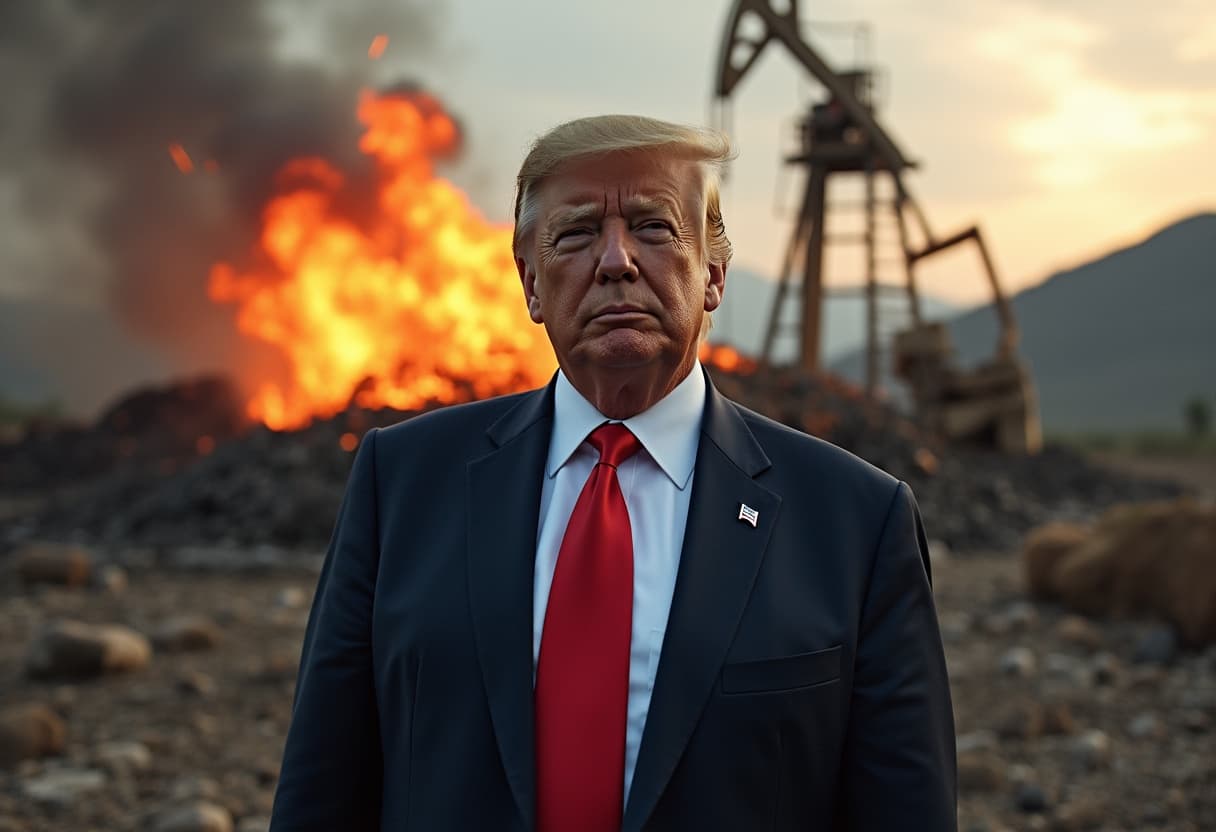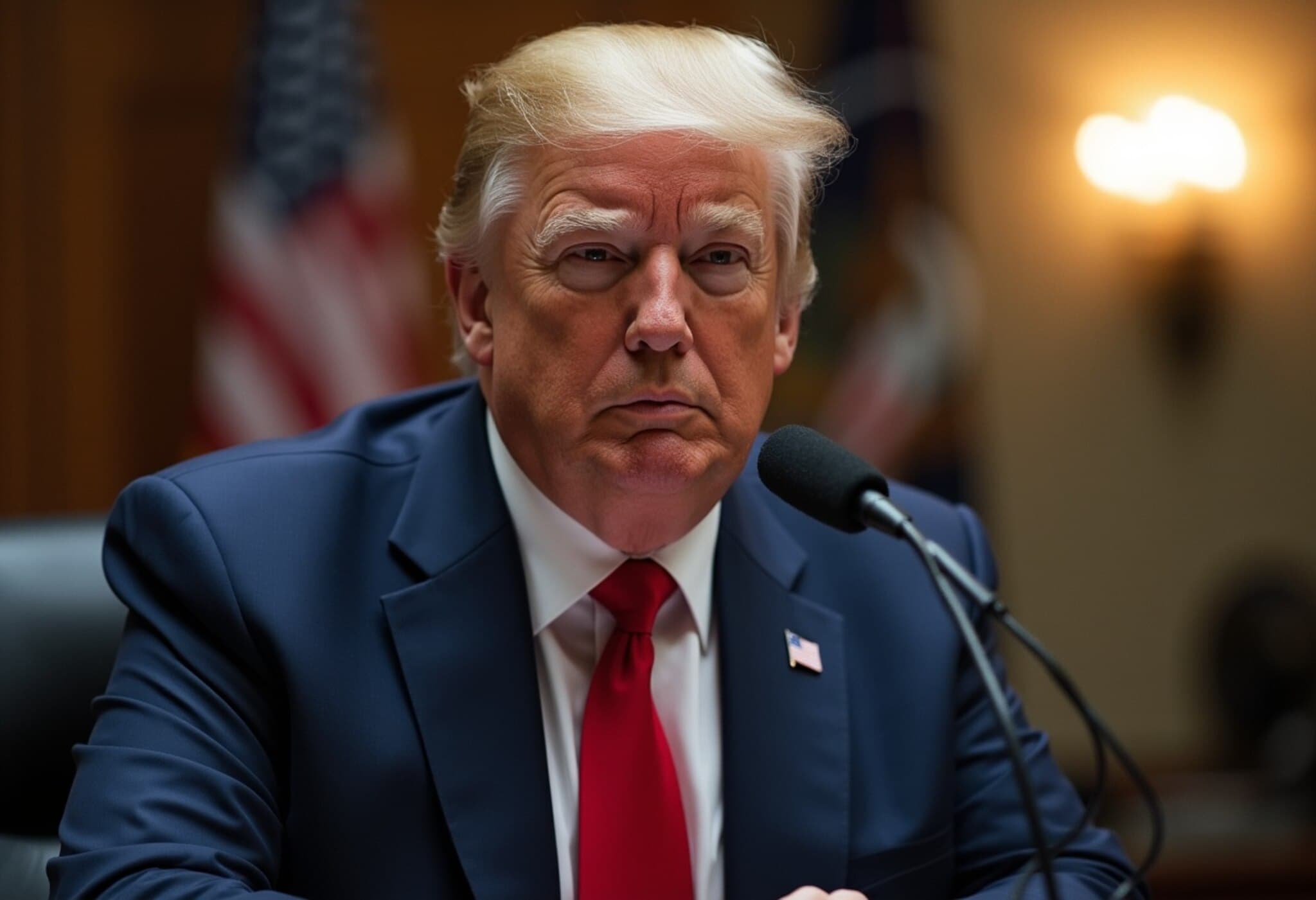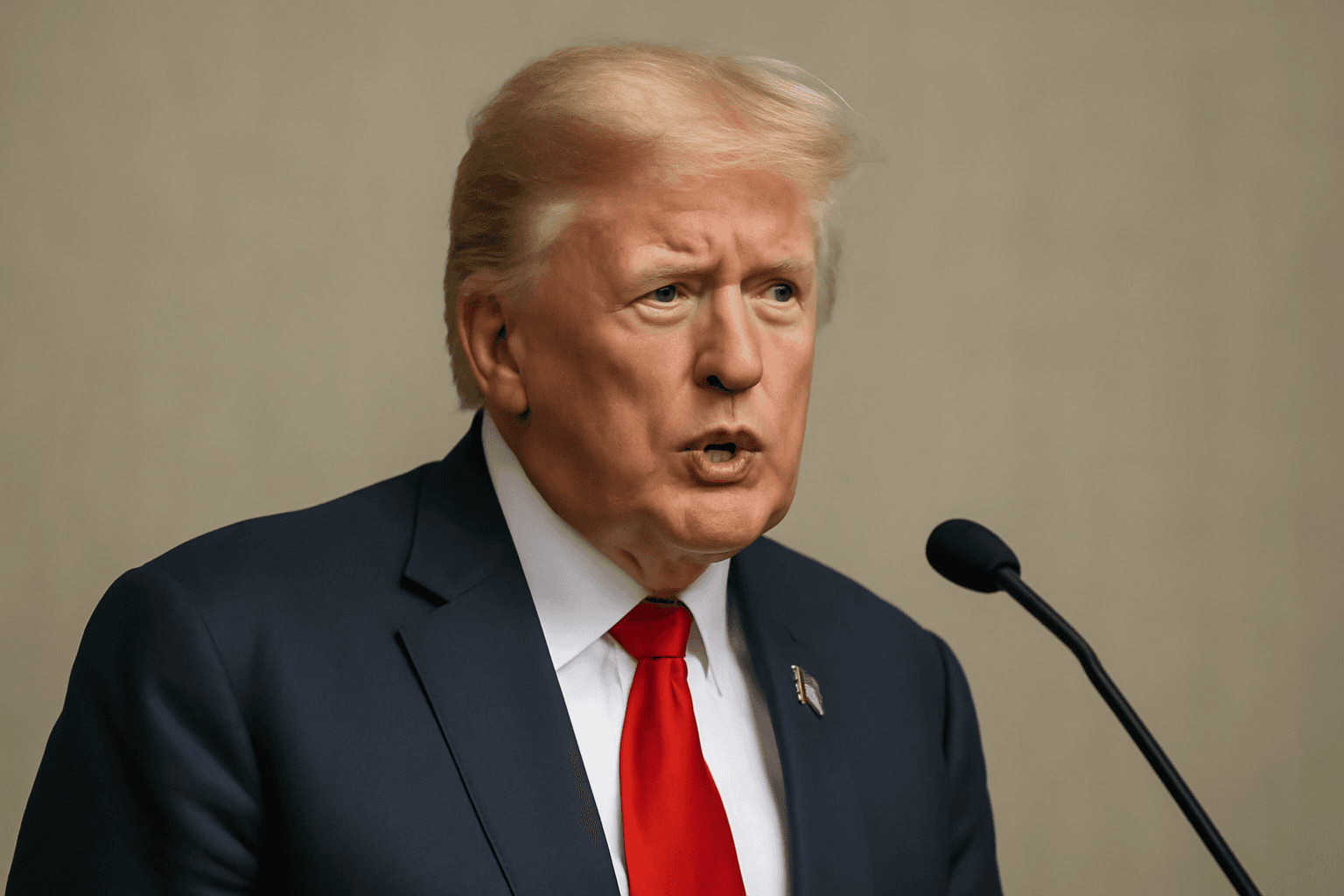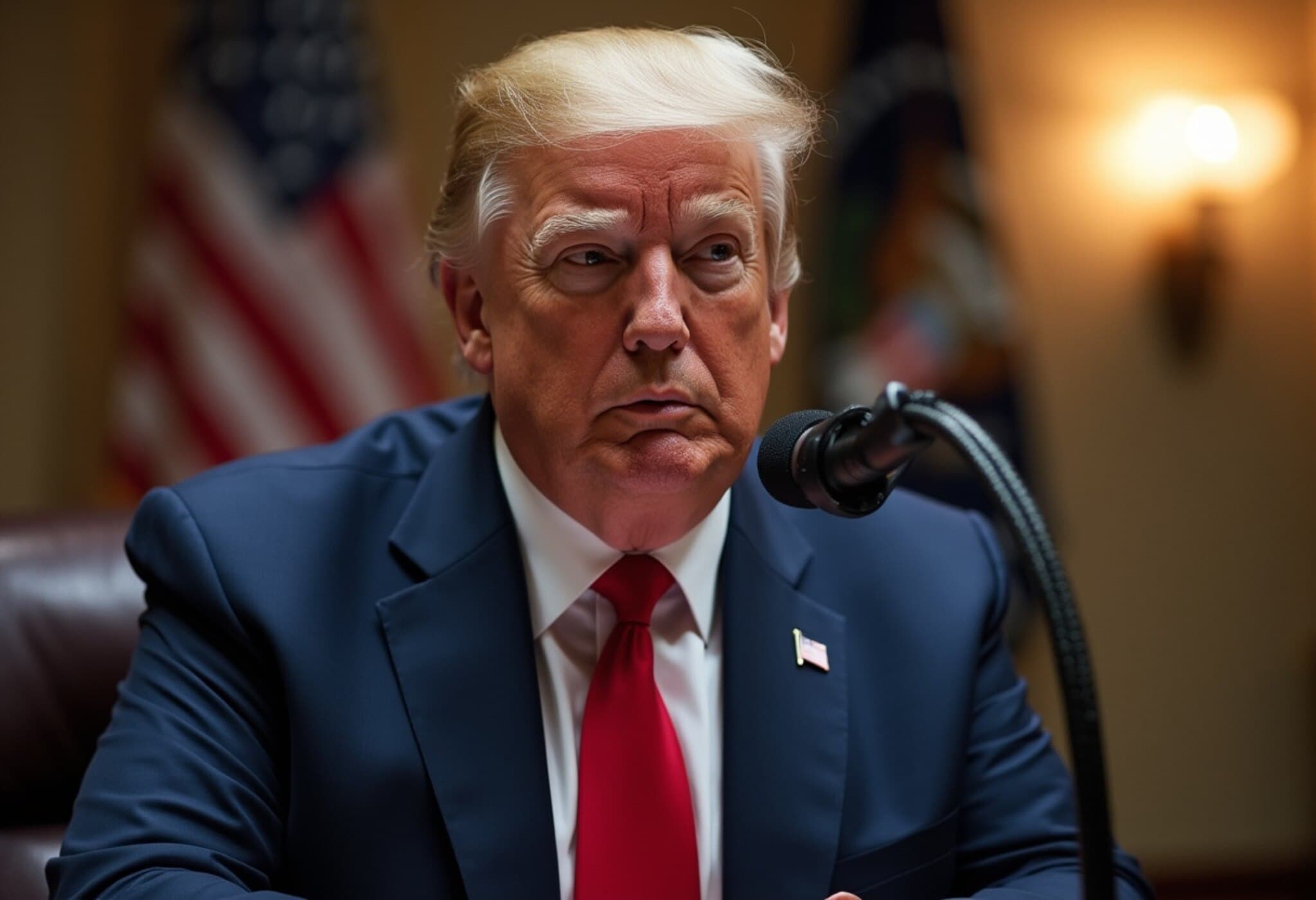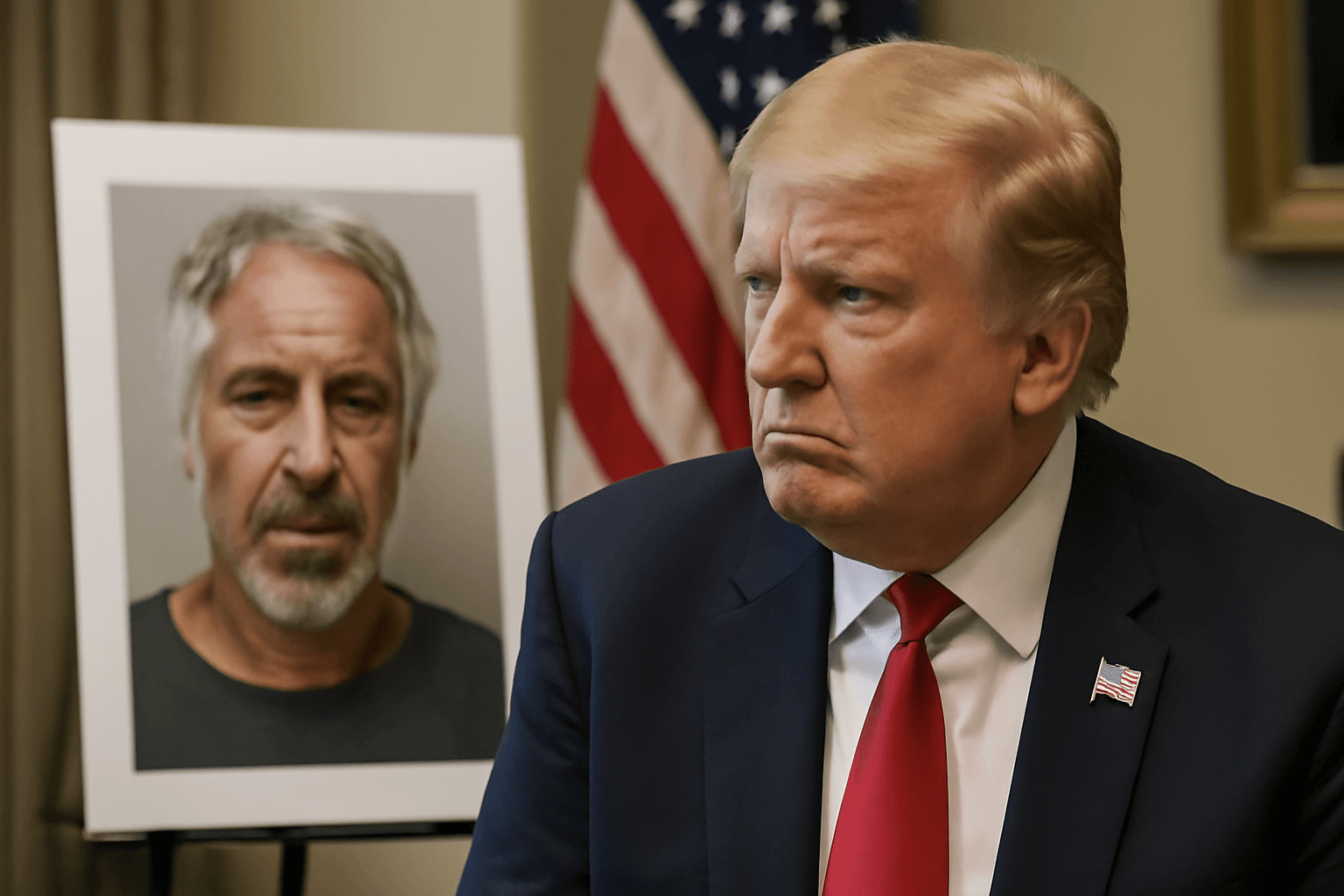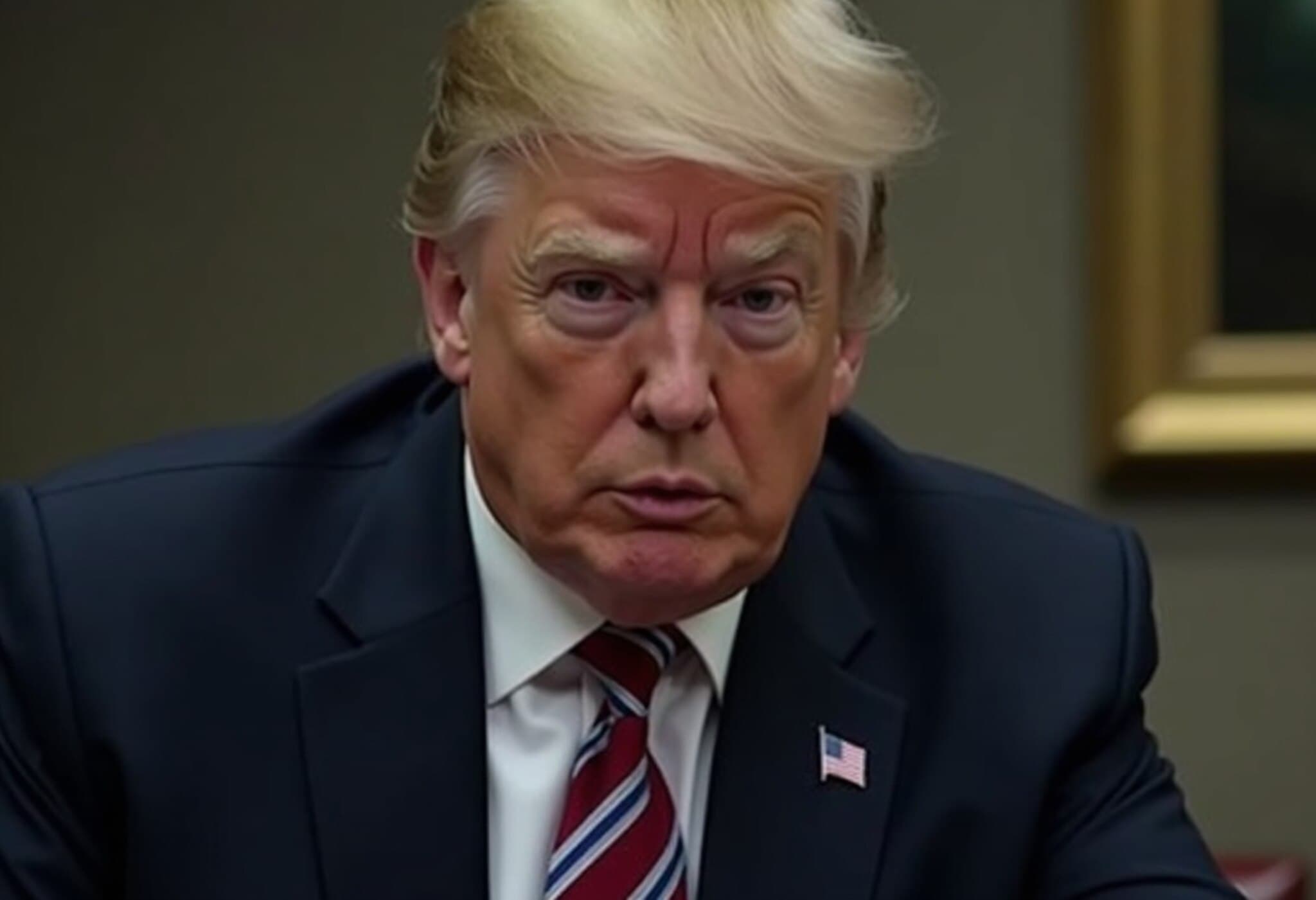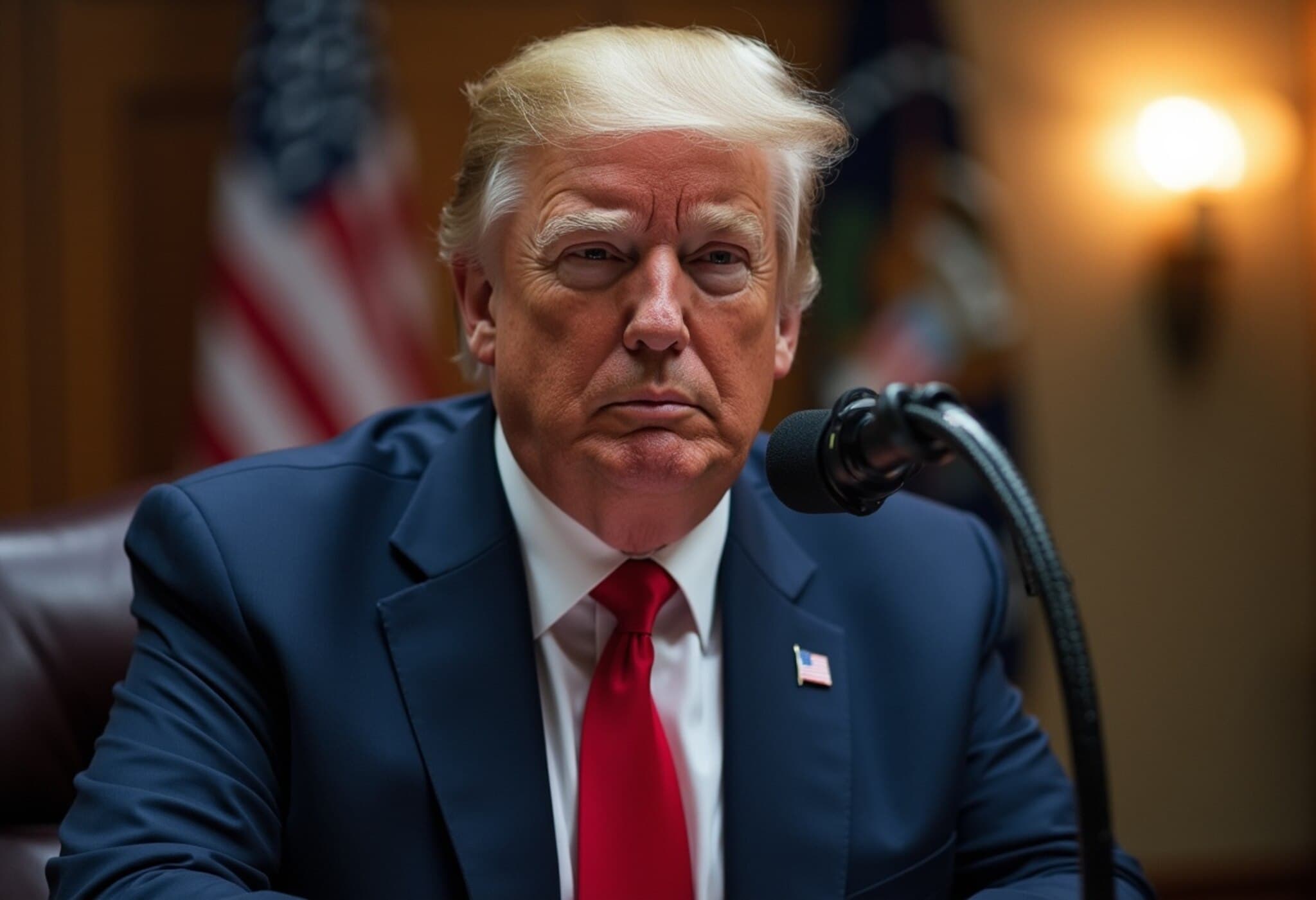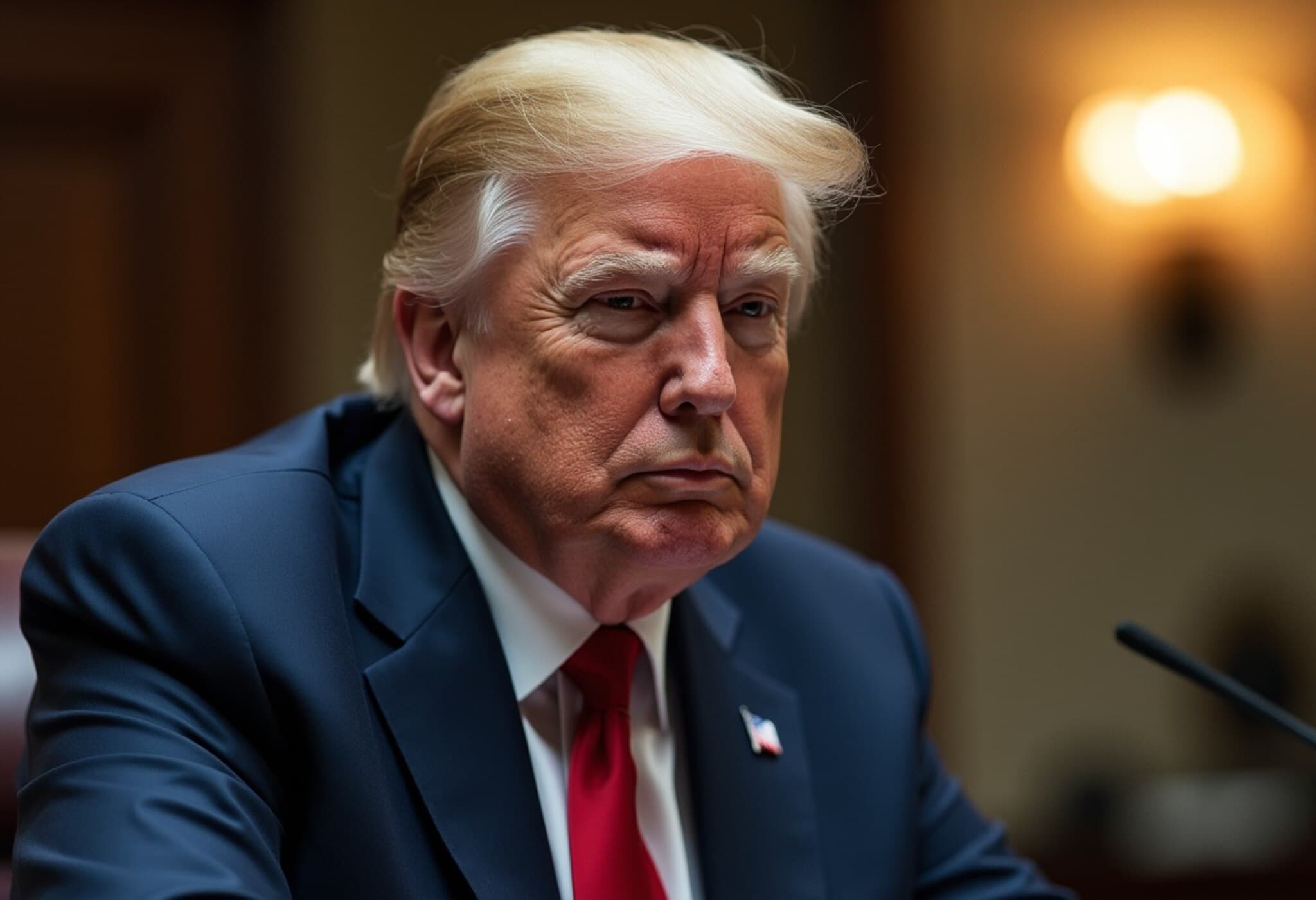Trump Launches Massive Defamation Suit Against Murdoch and The Wall Street Journal
In a dramatic legal move, former US President Donald Trump has filed a $15 billion defamation lawsuit targeting Rupert Murdoch, News Corp, and The Wall Street Journal over a controversial article linking Trump to Jeffrey Epstein. The lawsuit, submitted in a federal court in Miami, alleges false reporting regarding a letter Trump purportedly signed to celebrate Epstein’s 50th birthday.
Details Behind the Lawsuit
The legal complaint, initiated less than 24 hours after the publication of The Wall Street Journal’s story, names not only Murdoch and News Corp chief executive Robert Thomson but also the two journalists responsible for the article. Trump claims the publication defamed him by stating he contributed to a leather-bound birthday book for Epstein — a disgraced financier entwined in scandalous criminal cases.
The original story revealed that the letter Trump allegedly signed took the form of an unusual exchange in a sketch of a nude woman, incorporating cryptic phrases such as, “Happy Birthday – and may every day be another wonderful secret.” The letter was organized by Ghislaine Maxwell, Epstein's close associate and convicted felon.
Trump’s Response and Allegations
Trump publicly condemned the piece on his social media platform Truth Social, calling the Wall Street Journal “fully disgraced” and threatening a vigorous legal battle. He denied authoring the letter or drawing the incriminating sketch, despite evidence contradicting these claims — notably, his signature appearing below the drawing's depiction resembling pubic hair.
“This lawsuit is filed not only on behalf of your favorite President, ME, but also in order to continue standing up for ALL Americans who will no longer tolerate the abusive wrongdoings of the Fake News Media,” Trump wrote. “I hope Rupert and his ‘friends’ are looking forward to the many hours of depositions and testimonies they will have to provide in this case.”
Who Are the Defendants?
- Rupert Murdoch: The media mogul and owner of News Corp, known for his extensive influence on global media.
- Robert Thomson: CEO of News Corp and former editor-in-chief of Dow Jones, the publisher of The Wall Street Journal.
- The Wall Street Journal: The newspaper that published the contentious story, owned by News Corp.
- The Reporters: Journalists directly involved in writing the Epstein piece.
Contextualizing the Conflict
This confrontation exemplifies the growing tensions between prominent political figures and mainstream media outlets. Trump’s aggressive litigation strategy reflects his ongoing campaign against what he labels “Fake News,” a term he popularized to discredit unfavorable coverage.
From a broader perspective, this lawsuit raises critical questions about press freedom and the responsibilities of investigative journalism, especially when dealing with high-profile individuals and sensitive topics such as sexual abuse scandals linked to Jeffrey Epstein.
Given the lawsuit’s hefty $15 billion claim, legal experts suggest this may be intended as a strategic tactic to intimidate media institutions rather than a straightforward compensation case. Observers also point out the complexities involved in proving defamation for public figures in the United States, where stringent standards exist to protect free speech under the First Amendment.
Historical and Regional Significance
Rupert Murdoch’s News Corp wields significant media power in both American and international markets. The legal battle underscores the clash between powerful political actors and media conglomerates headquartered in New York and Sydney, reflecting deep media and political divides.
Moreover, Robert Thomson’s Australian origins and longstanding leadership within News Corp spotlight the globalized nature of media influence transcending national boundaries.
What Lies Ahead
This $15 billion lawsuit against some of the most influential figures and entities in media is likely to spark extensive legal debate and public scrutiny. It could set precedents regarding how the media covers figures entangled in contentious narratives and how far public figures can go in challenging critical reportage.
As depositions and testimonies loom, the case is poised to dominate headlines, testing the balance between freedom of the press and the right to protect one's reputation.
Editor’s Note
This lawsuit not only shines a spotlight on a high-profile defamation claim but also invites us to reflect on the delicate interplay between media power, politics, and justice in America. How will courts navigate the tension between robust investigative journalism and safeguarding individual reputations? And what might this mean for public trust in both politicians and the press in an increasingly polarized media landscape?

